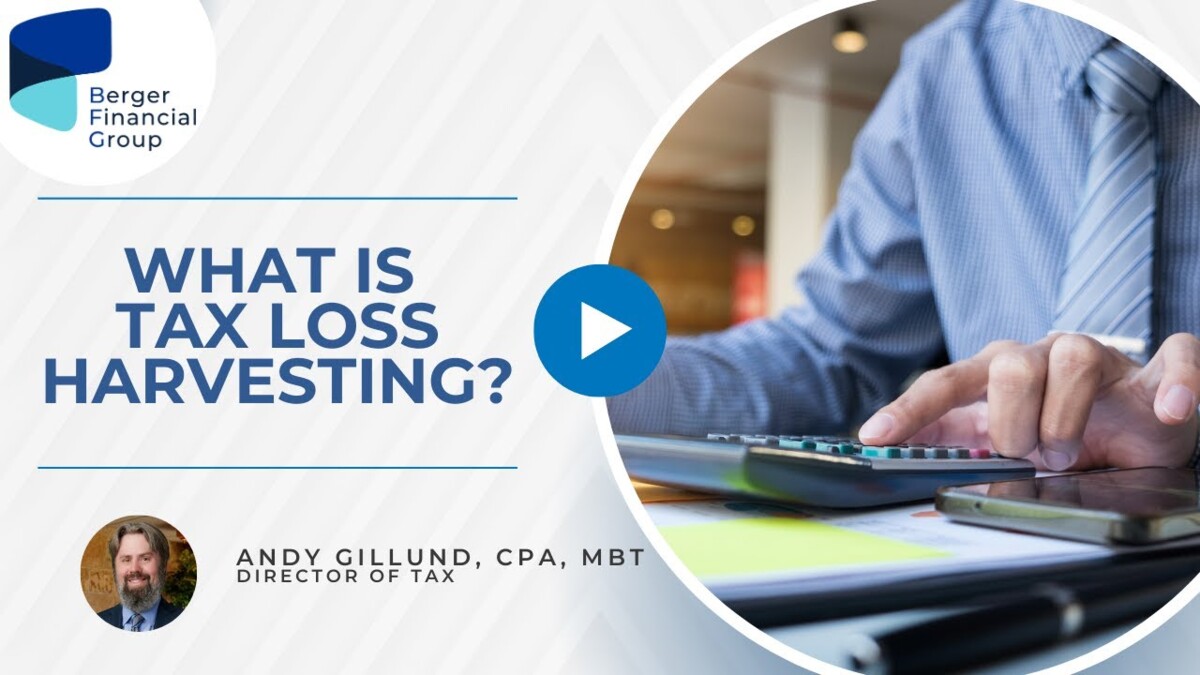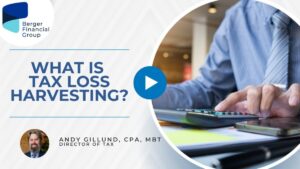Reaching your 50s or 60s without a fully funded retirement plan can feel overwhelming, but it’s far from too late. Many Americans are in the same position, wondering how to make the most of their remaining working years. The good news is that it’s possible to catch up on retirement savings in your 50s with the right strategies and professional guidance. At Berger Financial Group, we specialize in helping individuals strengthen their financial foundation and regain confidence in their future, no matter when they start.
Why Saving Later Still Matters
Your 50s and 60s can be a powerful time to accelerate retirement savings. With fewer expenses (such as a paid-off mortgage or kids leaving the house) and more earning potential, this decade often presents unique opportunities. Taking action now can significantly increase your financial stability and open the door to a more comfortable retirement.
We help clients use this period strategically, maximizing contributions, minimizing taxes, and preparing for planned and unexpected expenses.
Maximize Your Yearly Retirement Contributions
One of the most effective ways to catch up on retirement savings in your 50s is to take full advantage of increased contribution limits.
Know Your Limits and Use Them
If you’re over 50, the IRS allows additional “catch-up” contributions:
- 401(k): Contribute up to $30,500 per year (as of 2025)
- IRA or Roth IRA: Contribute up to $7,500 per year
We work with clients to ensure they contribute as much as possible to these tax-deferred accounts while considering their broader financial needs.
Takeaway: Max out every eligible retirement account to compensate for lost time.
Use Tax-Advantaged Accounts to Your Benefit
Tax-advantaged accounts can accelerate your retirement savings by reducing your tax burden now and growing tax-free or tax-deferred over time.
Focus on Strategic Account Use
In addition to your 401(k) or IRA, consider:
- Roth Conversions: If you’re in a lower tax bracket now, converting traditional IRA funds to a Roth IRA can create future tax-free income.
- SEP IRAs or Solo 401(k)s: These accounts allow even higher contributions if you’re self-employed.
We guide clients on when and how to use these tools based on income, goals, and future tax projections.
Takeaway: A tax-smart strategy helps your dollars go further and supports a smoother transition into retirement.
Consider the Benefits of a Health Savings Account (HSA)
An HSA is more than a place to save for medical expenses; it’s a powerful retirement planning tool that can significantly enhance your overall financial strategy.
Triple Tax Advantage Explained
One of the most compelling features of HSAs is their triple tax advantage:
- Tax-deductible contributions
- Tax-free growth
- Tax-free withdrawals for qualified medical expenses
After age 65, you can use HSA funds for non-medical expenses without penalty, though income taxes will apply (similar to a traditional IRA).
Takeaway: If you’re eligible, contribute the maximum to your HSA and use it to supplement your retirement plan, especially for expected healthcare costs.
Think About Delaying Retirement
Working a few extra years can significantly improve your retirement outlook if you’re in your early 60s and short on savings.
More Time, More Savings, Bigger Benefits
For individuals in their early 60s who might not have sufficient savings, this is a crucial strategy in comprehensive financial planning for a long retirement. By delaying retirement, you gain:
- Additional years of contributions;
- Shorter retirement period to fund; and
- Larger Social Security benefits (up to 8% more per year past full retirement age).
We help clients explore realistic timelines based on income, health, and lifestyle goals to determine whether delaying retirement is right.
Takeaway: Even a 2–3 year delay can significantly affect your retirement income and financial security.
Tips for Catching Up on Retirement Savings Later in Life
If you’re getting a late start, here are additional steps to help boost your savings:
- Reduce unnecessary expenses and redirect funds to retirement.
- Use bonuses or windfalls to fund your accounts.
- Downsize or relocate to lower your cost of living.
- Consider part-time work or consulting in retirement.
- Work with a financial planner to identify and fill gaps.
While catching up on retirement savings later in life can seem daunting, these actionable steps can help set you on the right path. You can significantly enhance your retirement preparedness by evaluating expenses, leveraging unexpected income, considering lifestyle changes, and seeking professional guidance. Ultimately, we will walk with you every step of the way, helping you make informed choices and take advantage of every opportunity to improve your retirement readiness.
Build a Plan That Makes Up for Lost Time

It’s never too late to strengthen your retirement future. Whether you’re behind on savings or just want to optimize your remaining years before retiring, there are smart ways to catch up on retirement savings in your 50s. By maximizing your contributions, using tax-advantaged tools, and planning with purpose, you can confidently close the gap and retire.
If you’re ready to take the next step, contact Berger Financial Group today and schedule your retirement catch-up strategy call. Our experienced team offers a cohesive financial planning experience that blends deep tax expertise, fiduciary responsibility, an ownership-minded team, and personalized portfolio strategies. Clients trust us because we deliver results, clarity, and care backed by proven business success. Let’s get your retirement plan back on track starting today.






